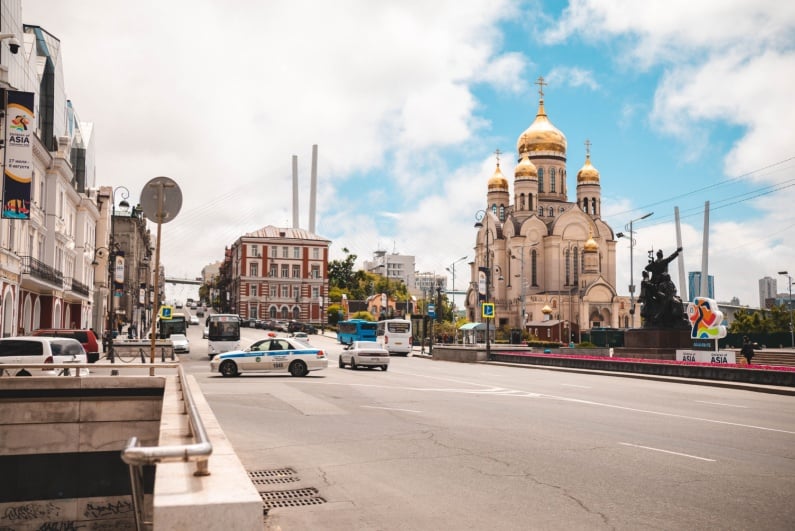Poker game raided
A former South Carolina coroner has filed a lawsuit against local police after they “charged in like SEAL Team 6” to break up his private poker game.
alleges false arrest, malicious prosecution, and trespassing
Gary Miller Watts, who left his job as county coroner in 2020 after 20 years, has also named the South Carolina Law Enforcement Division in the suit, which alleges false arrest, malicious prosecution, and trespassing.
The arrest took place on April 2024 in an office space in the town of Irmo, with ten others also arrested. Officers seized $15,000 in cash before dropping the charges.
Team of gumshoes
South Carolina law is relatively vague when it comes to private gambling. While “any game with cards or dice” is illegal in many places, including “any house used as a place of gaming,” there are certain exceptions included.
These include where the location is a private residence, the game has no gambling, there is no financial gain for the organizer, and the game is taking place as part of a genuine social relationship.
Police argued that the game was an illegal gambling operation due to the fact that organizers were taking a rake, which Watts claims was simply to provide food and drinks for the players rather than to run the game as a business.
Watts also claims that an undercover agent joined the game, gambling away taxpayer dollars.
In addition, Watts complained about the manner of the raid, stating that “a crack team of gumshoes” smashed glass doors to gain access while brandishing assault rifles towards a “group of friends who routinely gather in an office suite to play poker, have dinner, and share fellowship.” Watts also claims that an undercover agent joined the game, gambling away taxpayer dollars.
Legal battle
The suit seeks both actual damages from property and seized cash as well as consequential damages from lost earnings and other various repercussions from the raid.
Whether the game will be found to have been lawful faces a difficult task in court due to the strict laws in South Carolina against gambling.
In 2012, the state’s Supreme Court upheld convictions against gamblers in a private poker game despite the fact that no rake had been taken from the game at all, arguing that it remained an illegal activity to be involved in any form of private gambling.




